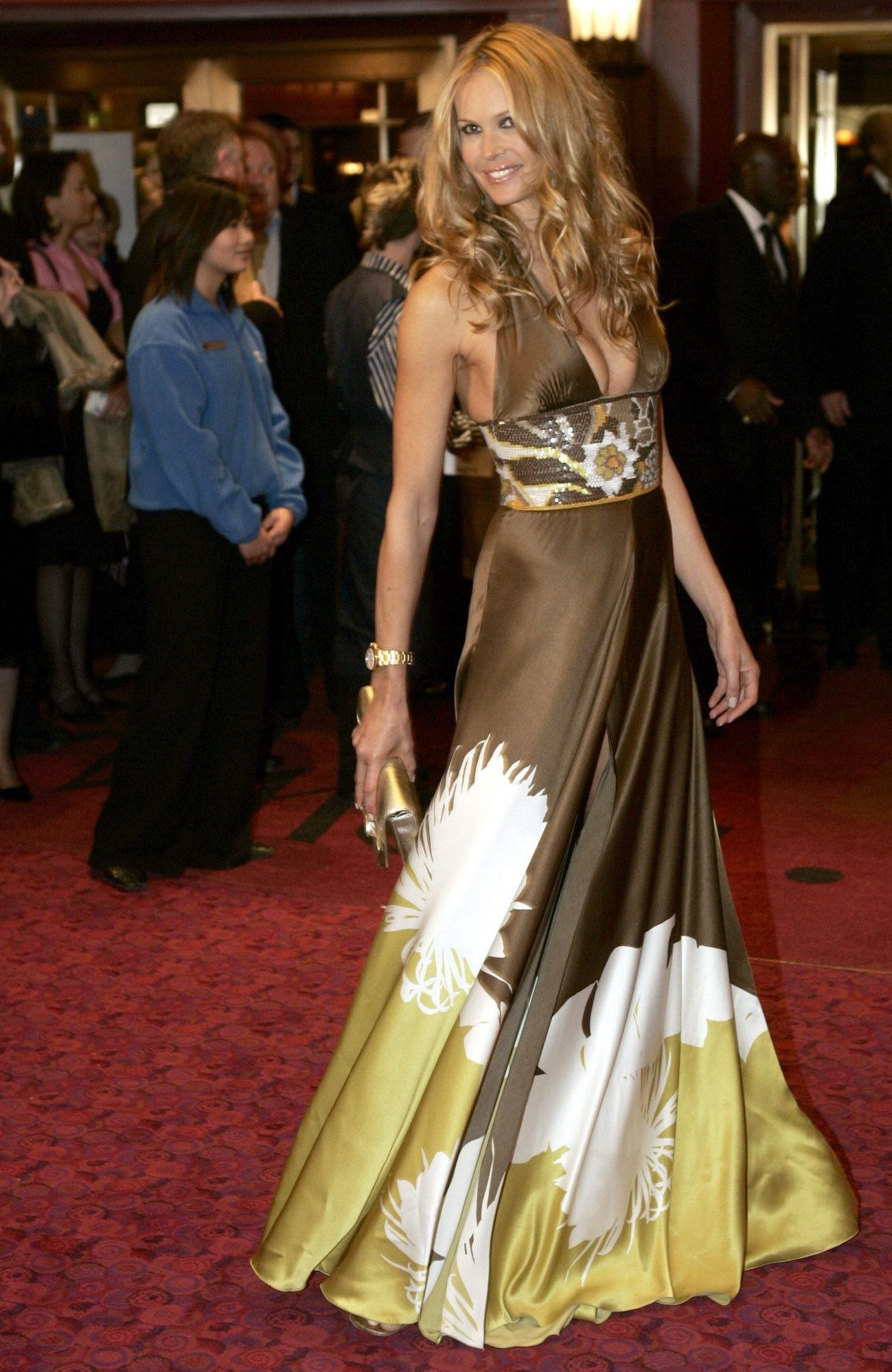The name of former scientist Andrew Wakefield (67) has made headlines again. This time, the media have recalled him following the memoirs published by model Elle Macpherson (60), who has revealed that she has breast cancer. However, despite the recommendations of 32 doctors and her family, the model, nicknamed "The Body," decided not to undergo chemotherapy and opted for holistic therapies. This decision aligns with her anti-vaccine stance, which she has openly discussed. In fact, when diagnosed in 2018, she was in a relationship with Wakefield, a strong advocate of this ideology and author of one of the biggest scientific controversies of the 21st century.
The former British surgeon and researcher became famous in February 1998 when he published in one of the most prestigious scientific journals, The Lancet, a study claiming a direct link between the MMR vaccine (measles, mumps, rubella) and the risk of autism in children.
Naturally, the article sparked controversy like gasoline on flames and was quickly embraced by anti-vaccine movements that already existed in various parts of the world. This led to the resurgence of nearly eradicated diseases such as measles and mumps, and secondarily, pertussis and diphtheria.
The media attention the study received prompted other researchers to try to replicate Wakefield's findings to confirm his hypothesis about the relationship between the MMR vaccine and autism. However, none were successful. On the contrary, it was discovered that Wakefield's approach contained multiple serious errors and even data manipulations.
That wasn't all. Later on, a series of investigations revealed that the now former scientist had received funding from lawyers seeking to sue vaccine manufacturers. It also came to light that Wakefield's article had been financed by powerful anti-vaccine organizations. All of this exposed a conflict of interest and ultimately destroyed the credibility of the article published in The Lancet, which later acknowledged its mistake and retracted the study.
Finally, the General Medical Council of the United Kingdom launched an investigation that lasted six years, until 2010. The ruling resulted in Wakefield being banned from practicing medicine for the rest of his life throughout the UK. Additionally, he was labeled as "irresponsible," "unethical," and "deceptive." On that same occasion, it was proven that he had subjected several autistic children to invasive and unethical procedures.
Currently, Andrew Wakefield maintains his anti-vaccine stance. Exiled from the UK for years, he actively participates in conferences and documentaries. Furthermore, he has leveraged the benefits of social media to continue spreading his ideas. Despite lacking support from the scientific community, his presence within the anti-vaccine movement remains significant.
This entire story has been recounted in the book The Doctor Who Fooled the World, published in 2020 by journalist Brian Deer, who began investigating the former doctor in 2004 while writing about unusual measles outbreaks in the UK. "Andrew Wakefield has been reborn in this world of fake news," expresses the author.
